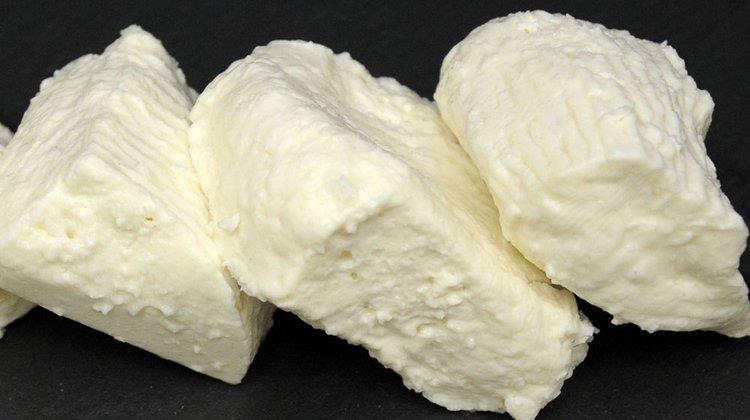The famous Halitzia Tillirias, which is a soft to semi-hard white cheese from Cyprus, made from heat-treated fresh goat's milk, rennet and salt, is an important part of the tradition and the culinary culture of our country, as it has been registered as a Product of Geographical Indication (PGI) of the EU since 2023, according to the tradition expert Anna Tselepou.
Speaking to the Cyprus News Agency (CNA), Tselepou said that Halitzia Tillirias a type of white semi-hard cheese that, in a simple description, is something between Greek feta and Cypriot halloumi.
According to her description, halitzia cheese has holes and a sour taste. It is matured and can be kept for a long time in the refrigerator. Its appearance resembles large white sea pebbles, which is why it was given the Cypriot name "halitzia" (pebbles), Tselepou adds.
This particular cheese is produced, as she said, in Tilliria region. In the village of Pigainia, its has been made by a woman called Elpida for over 70 years.
It is a seasonal product and is prepared in the summer months from the milk that shepherds collect during those months. A necessary condition, as mentioned by the producer, is that the sheep during this period graze in fields where the wheat has just been harvested.
That is, the animals must have consumed the remains of the harvest. The quality of the milk of the animals under these conditions will bring out the excellent quality of this cheese, Tselepou says, explaining that the making of this cheese should be completed by the end of summer.
It is a practice that is passed down from generation to generation.
Tselepou further points out that in 2023, after the relevant research and the excellent work done by the people of the area, Halitzia Tillirias was registered as a Product of Geographical Indication (PGI) of the European Union, adding that "this is a distinction that safeguards the value of the products of our country."
She also adds that this cheese is eaten in small pieces in a salad or on its own with bread after it has been sprinkled with olive oil and oregano. In recent years, as she says, "we have also seen attempts by modern chefs to use it in food as well".
The seasonality and locality of Cypriot products is the only way to make them competitive, so that they can stand out and give added value to the culinary culture of our country, Tselepou concludes.
(Source: CNA)









